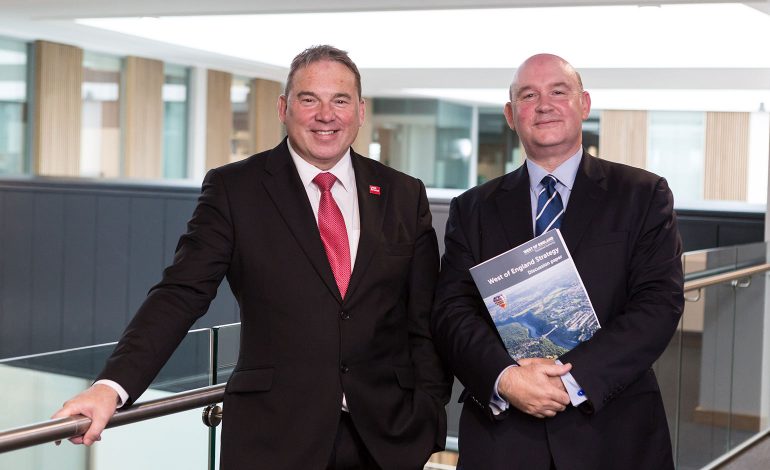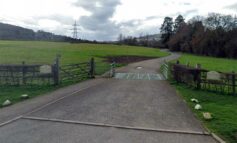The public engagement process on the final draft of the Joint Spatial Plan (JSP) for the West of England region will close on 10th January, with locals being invited to have their say.

Residents, businesses and other stakeholders are being encouraged to take the opportunity to comment on the proposals before they are sent to Government for further scrutiny.
The JSP will help to guide planning for housing and business growth across the Bath & North East Somerset, Bristol City, North Somerset and South Gloucestershire council areas for the next 20 years.
The current draft is the third edition that has been subject to public comment as it has been developed over more than two years.
Full details of the draft Plan and how to take part in the process are available online at: www.jointplanningwofe.org.uk.
All submissions made will be considered alongside the JSP, when they are passed to the Government’s Planning Inspectorate in early 2018.
The Plan will then be examined in public by a Planning Inspector, who will then make a report back to the local authorities, which may include proposed amendments.
Once satisfied that the Plan meets all planning rules and laws, each council will then receive a report recommending whether or not to adopt the Plan. At that point subject to approval, the JSP would sit above and guide the review of the councils’ own Local Plans.
The JSP sets out the policies and principles that have been applied in determining the most appropriate and sustainable locations for future development.
The document is the product of more than two years joint working and two previous consultations, where individuals, communities and other stakeholders have made contributions to help shape the future growth of the region.
The JSP is the first such joint planning approach in the UK, which sees Councils working together to agree the number of new homes and jobs that are needed, the most appropriate locations where that growth should be located and the infrastructure needed to support that growth.
Alongside the JSP, the four councils are taking forward the findings of the Joint Transport Study (JTS), which is designed to help the region meet the growing infrastructure demands that new growth will bring, as well as identifying the projects that are needed to tackle existing pressure on road and public transport networks.
This includes providing public transport, cycling and walking infrastructure to reduce reliance on cars and highway improvements to tackle congestion.



